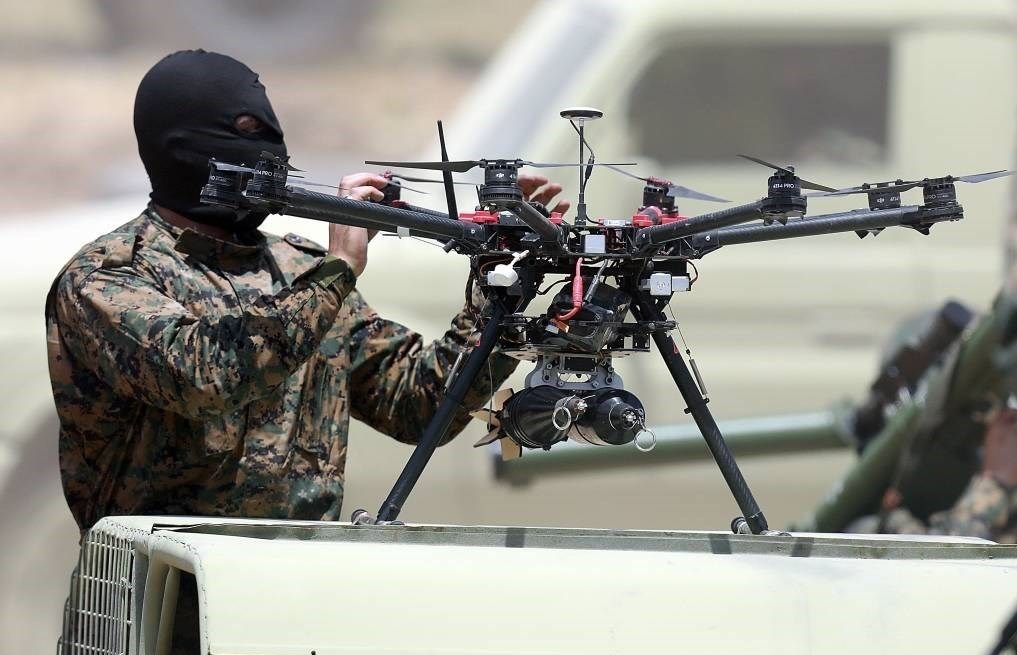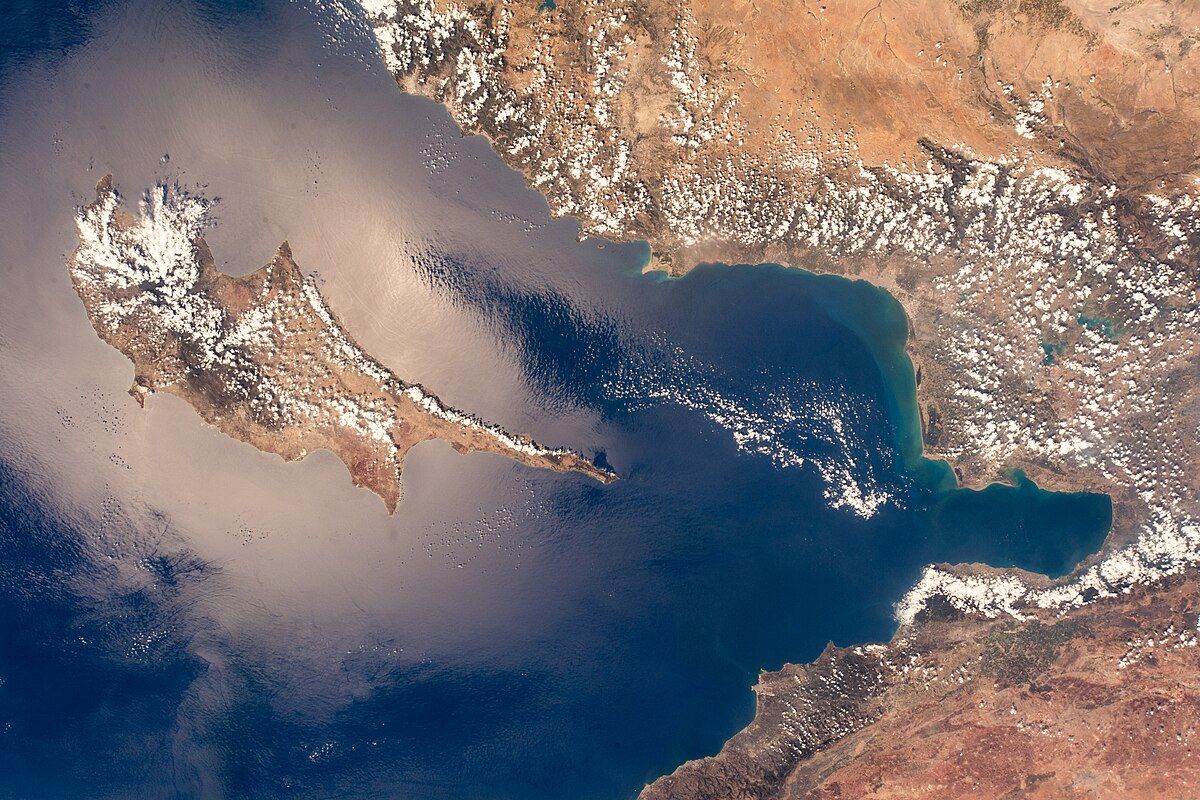11 April 2021
Does a new deal negotiated between China and Iran pose problems for American interests in the Middle East or has its potential impact been overblown?
Iran’s top diplomat, Mohammad Javad Zarif, has heralded China as a ‘friend for hard times’ as the two countries agreed on a 25-year strategic and economic partnership during negotiations which concluded last month in Tehran.
Iranian policymakers are no doubt hoping that their new ‘friend’ will help to ease the burden of American-imposed sanctions which have blighted the Iranian economy since former-President Donald Trump pulled the United States out from the Joint Comprehensive Plan of Action (JCPOA) in May 2018. With President Joe Biden now in power, an American return to the JCPOA looks likely, but Iran will want to enter negotiations with a few more cards up their sleeve. The new deal with China might be one such card.
For China, the deal presents an opportunity to bring Iran in line with its ambitious Belt and Road Initiative (BRI) and further expand Chinese influence in the Middle East. By dealing with Tehran, Beijing is signalling to Washington that it is not afraid to act against American interests.
Neither party has published a text revealing the specifics of the agreement and the publicly known details remain sketchy. This makes it difficult to accurately assess the breadth and depth of Sino-Iranian cooperation or the impact it may have for the balance of power in the Middle East.
Some figures have been bandied about by the media regarding the scale of investment China has planned to pump into the Iranian economy. The most commonly cited figure is $400 billion, with estimates all the way up to $800 billion. However, an exact figure has not been substantiated. What does seem likely is that China will invest a significant sum of money in return for heavily discounted oil from Iran.
Without a formal text on the agreement having been published, most analysts are basing their assessments of the deal on a draft of the agreement which was leaked last summer and on various statements made by Chinese and Iranian officials. According to these sources, China will provide investment for several sectors of the Iranian economy, principally relating to energy, but also in banking, transport, technology, and infrastructure.
The leaked draft also contained details on military cooperation, but this is likely to be far more limited than many alarmists have suggested. Although a closer relationship between Tehran and Beijing could bolster the presence of the People’s Liberation Army Navy (PLAN) in strategically vital maritime spots like the Strait of Hormuz, this outcome is unlikely. Military cooperation between the two countries is likely to be limited to intelligence-sharing and joint-training exercises for counter-terrorism purposes. For now, the PLAN will rely on its overseas base in Djibouti if it needs to project its maritime power in the wider region.
Crucially, in the words of Iranian official Reza Zabib, the Comprehensive Strategic Partnership is a ‘non-binding document’. Similarly, Zhao Lijian, a representative of the Chinese Foreign Ministry, has said that the deal ‘neither includes any quantitative, specific contracts and goals nor targets any third party, and will provide a general framework for China-Iran cooperation going forward’.
In essence, the Comprehensive Strategic Partnership is a statement of intent. China and Iran have signalled that they will increase their levels of cooperation, but they are not formally bound to do so. This level of ambiguity serves both parties. China must be cautious not to alienate other Middle Eastern states which it also has ties to, particularly Saudi Arabia and the UAE, both of whom are bitter rivals of Iran. Moreover, as much as China may want to undermine the US, Beijing has traditionally been a patient strategic player and will not risk massively escalating tensions with Washington on vague hopes that it can establish Tehran as some kind of Chinese satellite.
Meanwhile, Iranian policymakers must be careful to court the Chinese without becoming subservient to them. The Iranian domestic audience is highly suspicious of outside powers and any perceived loss of sovereignty would be significantly unpopular. It makes sense for Tehran to cosy up to the Beijing in so much as it helps them to balance against Washington, but the Iranians will also want to leave the door open for better relations with the West and an eventual lifting of sanctions.
The Comprehensive Strategic Partnership is therefore best seen as a more subtle move unless China and Iran make more robust plays to solidify their partnership in the coming years. Nevertheless, it poses an additional headache for the Biden administration’s forthcoming efforts to revive the JCPOA and secure concessions from Iran. Over the longer term, the agreement could provide a platform for China and Iran to undermine US influence in the Middle East. Presently however, the effects of the partnership should not be overstated, and it is unlikely to significantly alter the balance of power in the region.











